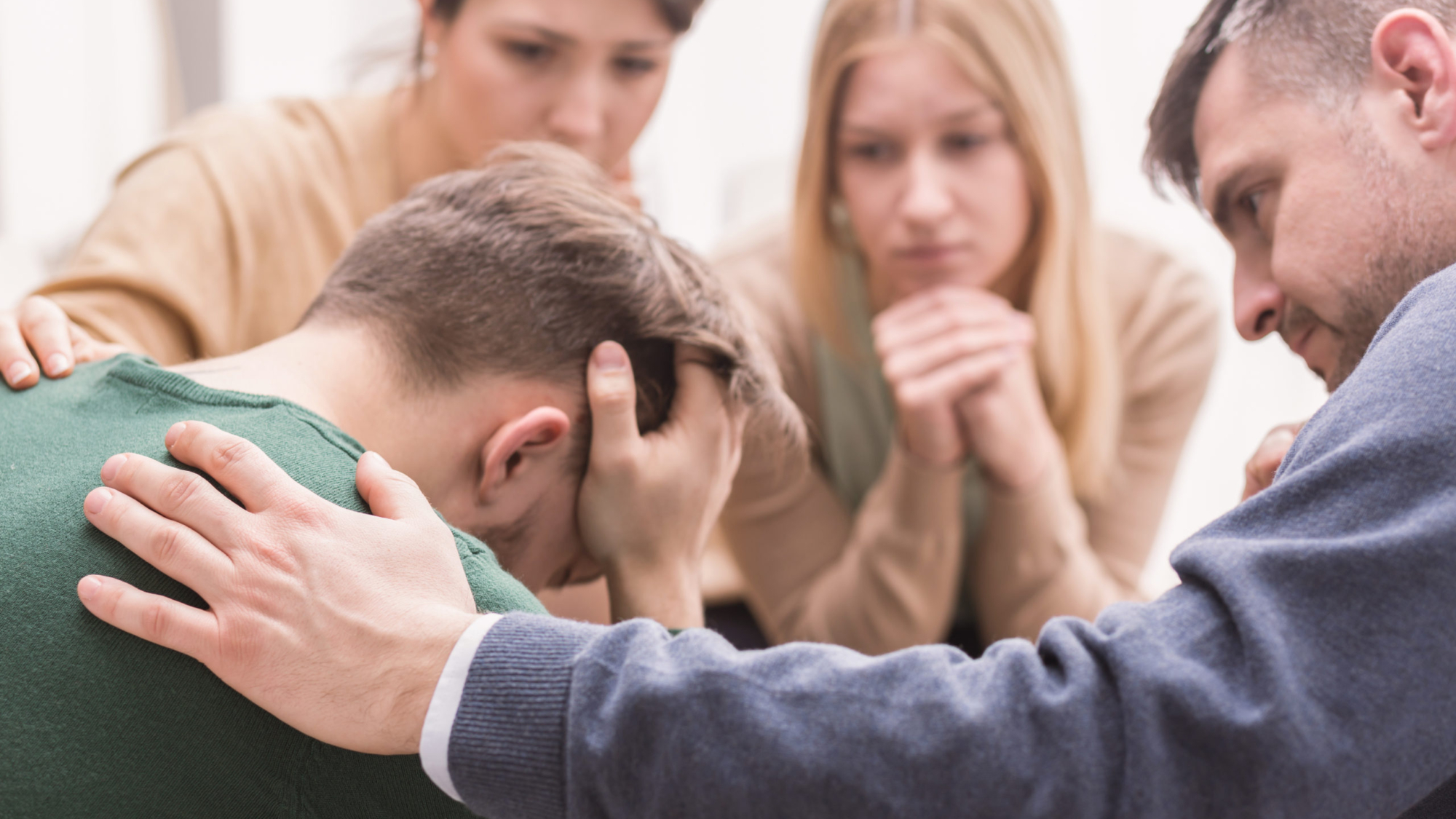Loving a drug addict is hard. We want to help and support the people that we love. But when does loving a drug addict turn into enabling a drug addict? It can be a fine line and defining the boundaries can feel impossible. A loved one consumed by an addiction may seem like a completely different person. Your instinct may be to save them by any means necessary, but that may not always have the results you’re wanting. A person wrapped up in their addiction is not thinking clearly and their decision making may not be logical. At The Last House, we can help you understand what steps to take when you are ready to stop enabling your loved one.
What Does It Mean to Enable a Drug Addict?
Enabling a drug addict involves engaging in activities that support their continuing drug or alcohol abuse. While it can be something as simple as providing financial support or housing to someone addicted to drugs and alcohol, it can be much more. Other forms of enabling are more subtle and are focused on helping the addict face the consequences of their addiction. Enabling can take the form of justifying your loved one’s behavior, minimizing the impact of their substance use, or denying that there is a problem. Maybe you’re helping to protect their image with their coworkers or family friends or taking care of any resulting problems. Perhaps you have tried controlling your loved one’s addiction or lecturing them about it. No matter what your enabling looks like, it likely involves your not expressing how you are being impacted by their use. And holding in those feelings can lead to you taking on more responsibilities for them and ultimately feeling superior to the addict in your life. Addiction couples with enabling changes the whole dynamic of any relationship.
How Do I Stop Enabling My Loved One?
Helping a loved one face their own addiction can be difficult and heartbreaking. You’ve likely seen the television shows and movies that depict “tough love”. It’s called tough love because it can be hard to set boundaries even when they are set with the hope of helping an addict face their addiction. The first step is to accept that there is a problem and to identify your role in the problem. If you can identify your enabling actions, you can stop enabling and allow your loved one to face the consequences of their substance use. For example, maybe you have taken over all of the chores inside and outside of the house because your partner has been intoxicated, high, or hungover too often. Instead of carrying the load alone, start asking them to share the responsibilities. Likewise, stop covering for your loved one with other members of your family, friends, and their coworkers. While you may feel like you’re putting them in danger of failing, you’ll want to remember that it’s not your job to save them. You’re trying to change the trajectory of their disease by allowing them to face the consequences you’ve been protecting them from. Instead of enabling them to keep using, now you’re enabling them to face the truth of their using.
Sober Living at The Last House
The Last House Sober Living is a network of structured sober living homes in the heart of West Los Angeles. We believe in providing our clients with the tools to have a meaningful life and participate in their sobriety. Activities such as service commitments, sober parties, conventions, dances, and house outings are all a part of helping learn how to have fun in sobriety. If you’re wondering where to start creating your sober life, The Last House is here to help!


Leave Your Comment